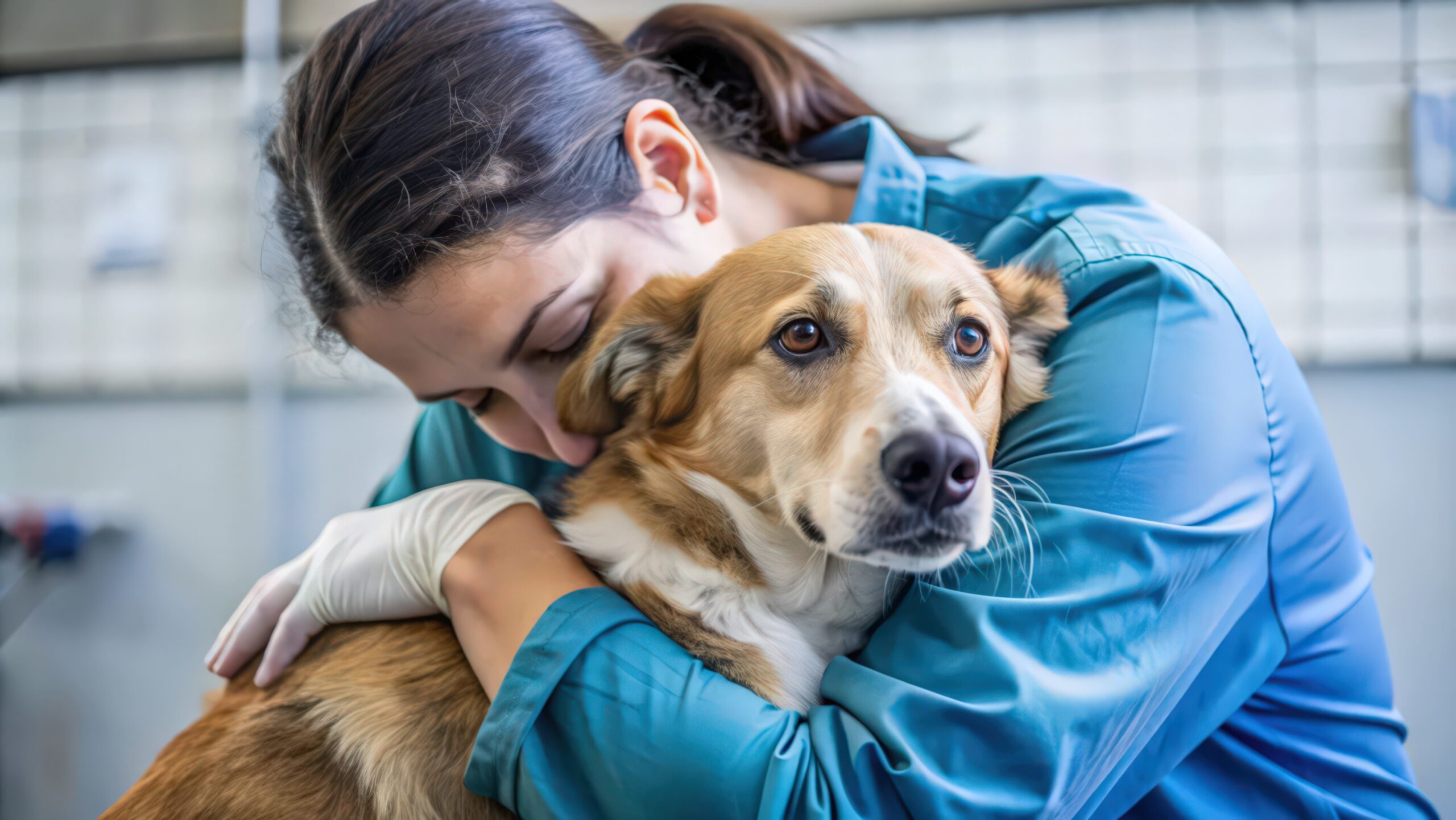Earlier this year, Mark Morton, Clinical Lead of the RCVS Knowledge Canine Cruciate Registry and RCVS Specialist in Small Animal Surgery (Orthopaedics), co-authored a research article that set out to estimate minimal clinically-important differences (MCIDs) for Liverpool Osteoarthritis in Dogs (LOAD) and Canine Orthopaedic Index (COI) using data from the RCVS Knowledge Canine Cruciate Registry (CCR).
The RCVS Knowledge Canine Cruciate Registry (CCR) is the world’s first digital registry in veterinary medicine. Launched in 2021, the primary aim of the Canine Cruciate Registry is to better understand the efficacy and safety of surgical interventions relating to cranial cruciate ligament rupture (CCLR), which is one of the most common causes of lameness in dogs. This research article is, therefore, a particularly important achievement for RCVS Knowledge and Amplitude Clinical Outcomes as it is the first publication using Canine Cruciate Registry data.
Accurately measuring outcomes in cruciate patients can be a challenge, as the process often involved time consuming or expensive measures, such as gait analysis. Using the validated Client Reported Outcomes Measures (CROMs), LOAD and COI, the CCR has automated this process in veterinary patients for the first time.
For the research project, baseline and 6-week follow-up data were reviewed in relation to 125 dogs that had received surgical treatment for cranial cruciate ligament rupture. The data sets were then analysed to form estimates of MCIDs using distribution-based and anchor-based methods. The anchor question of the study was “Compared to before surgery, how is your dog now?”, which enabled LOAD and COI scores to be analysed accordingly.
The result of this research means that for the first time, estimates have been presented of MCIDs for LOAD and COI. These estimates can be used by researchers wishing to use these CROMs (Client-reported outcomes measures) in future studies and will be useful for veterinarians monitoring their patients in the future. The authors recommended a MCID of ‘4’ for LOAD and ‘14’ for COI although further work in other clinical contexts (such as osteoarthritis associated with chronic pain) is required to add confidence to these estimates.
The data underlying the results presented in the study are available from RCVS Knowledge Canine Cruciate Registry. The Canine Cruciate Registry is a web-based registry which is free to use by both veterinary professionals and pet owners alike, and all veterinary surgeons performing surgery for ruptured cranial cruciate ligament in dogs are eligible to contribute.
Head over to RCVS Knowledge’s YouTube changed to see the Canine Cruciate Registry in action.
Minimal clinically-important differences for the ‘Liverpool Osteoarthritis in Dogs’ (LOAD) and the ‘Canine Orthopedic Index’ (COI) client-reported outcomes measures
Click here to read the full research article

